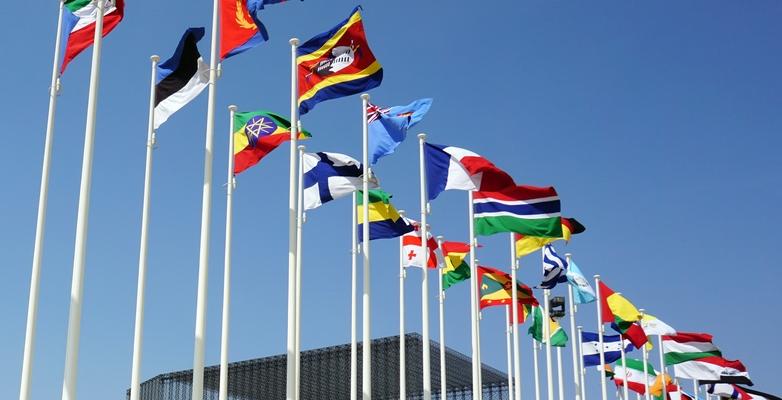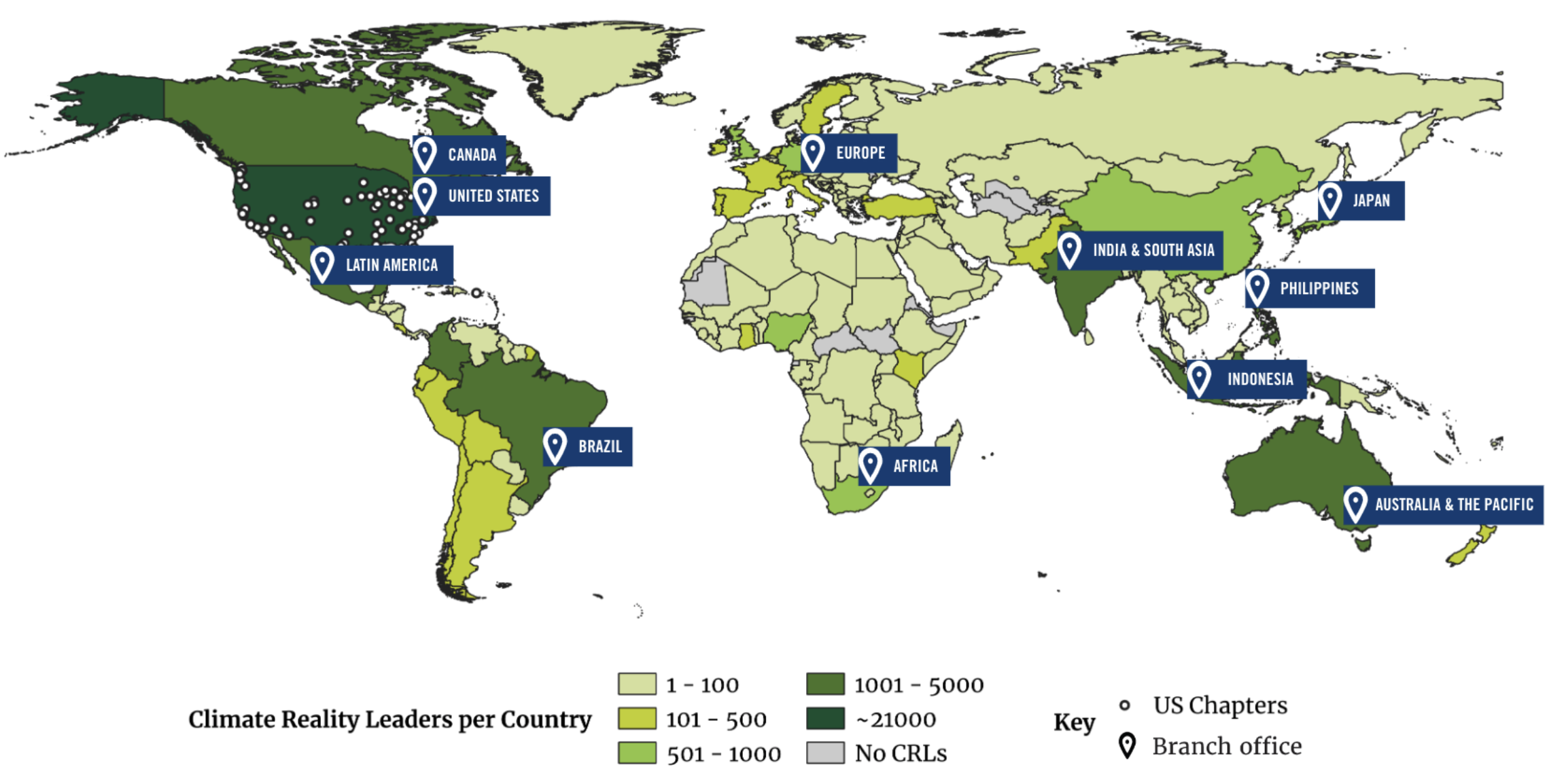
Strengthening International Cooperation on Climate
In the race to halve emissions this decade, leadership from major economies matters.
At Climate Reality, we work to build the political will and pass key policies in G20 countries and other key nations to speed the global transition from fossil fuels to clean energy – and make it fair for everyone.
Why the G20?
G20 countries collectively will be instrumental in our success or failure on energy transition – and in fighting climate change.
Together, G20 countries:
- Produce 76% of global emissions.
- Account for 85% of global GDP.
- Represent over 75% of global trade.
- Accounted for nearly 90% of global cumulative clean energy capacity in 2023.
- Accounted for the vast majority of the $1.77 trillion in low-carbon energy investments in 2023.
The decisions these countries make in powering their economies at home and catalyzing energy transition abroad through climate finance will have an outsize impact on global business and emissions.
The bottom line: Get the policies right here and get leading countries to work together and we can get the world on track to a livable future.
On the Ground at COP 29
Running November 11–22, the UN’s COP 29 climate summit in Baku, Azerbaijan, brings nearly 200 countries together to advance the global fight against climate change.
Where we work
Our 11 global branches and 100 US chapters mobilize Climate Reality Leaders and advocates to support breakthrough climate policies in select G20 and other nations worldwide.

Measuring Progress: Climate Action Scorecards
Our G20 scorecards track each target nation’s progress in the key policies necessary to stop rising temperatures and reach net zero by mid-century.
The bad news: Today, no G20 country is fully on track to reduce emissions at the speed and scale required to hold warming to 1.5 degrees. Not enough private and public finance is being mobilized for a rapid and just transition to clean energy. And time is running short.
Use the scorecards to see where G20 and other target countries stand on climate commitments and policies.





